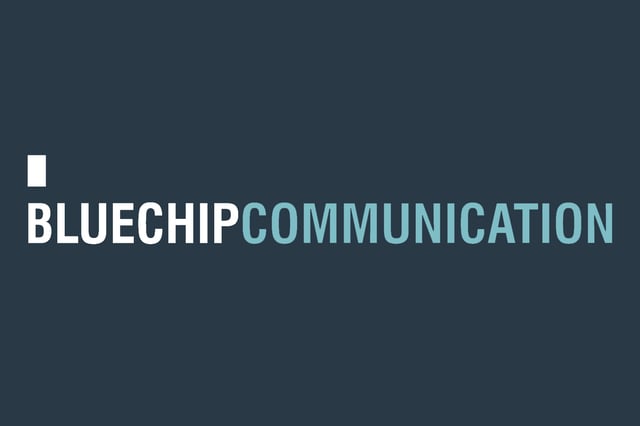
Reputation is arguably a brand’s most valued asset. And the advent of social media has decreased the time it can take for a reputation to be damaged.
While the number of brands increasing their social media presence has grown, according to some estimates, up to 60% of Australian companies do not have a social media policy. This leaves businesses open to reputation risk externally and internally.
Last month, BlueChip travelled to Melbourne to the Social Media Risk & Privacy 2012 Conference to learn more about social media risks and what we can do to avoid them.
Top take outs from the conference include:
- Have a policy in place: it is important to develop a social media policy that is in line with, and refers to, your other business policies and guidelines
- Share the policy with employees: you need to train staff sufficiently to ensure they understand the policy and the potential legal (and other) repercussions of failing to follow it
- Keep up to date with changes: social media is new and rapidly evolving; therefore so are the legal ramifications associated with its misuse or abuse. Assign someone to be responsible for keeping up to date with legal changes and addressing them in the policy
While the fear factor may be preventing some from taking the social plunge, the conference panellists also reminded everyone of the good reasons to be in social media. Blogs, Twitter, Facebook are all owned channels that provide companies with great opportunities to leverage content. Being active in social also means that your brand can respond to reputation detractors in real time, using channels that enable you to control of the messaging, rather than depending on a journalist to tell your side of the story.
For examples of companies with first-hand experience of the repercussions of not having a social media policy, check out the article in our Hot Seat section.
- See more at: http://www.bluechipcommunication.com.au/prognosis/prognosis-2012-q4/front-row/#sthash.xsEMv3v4.dpuf











